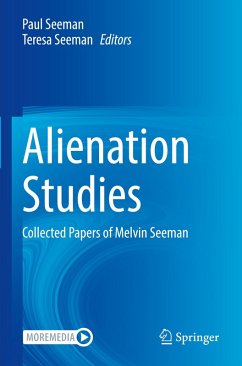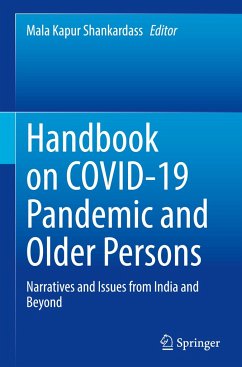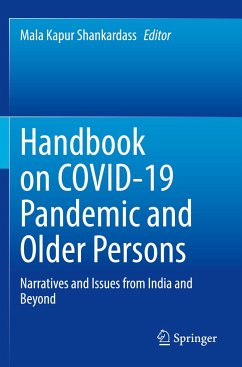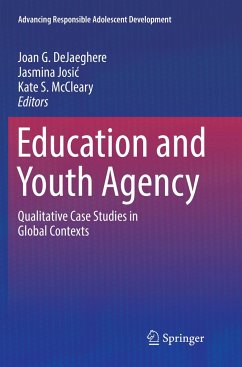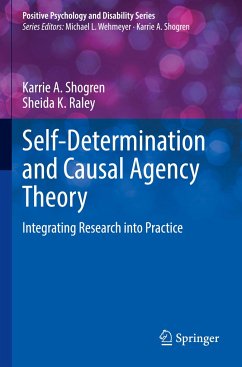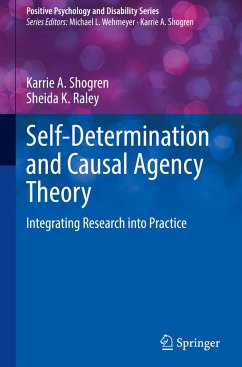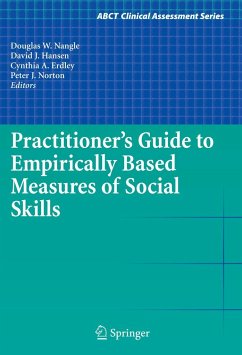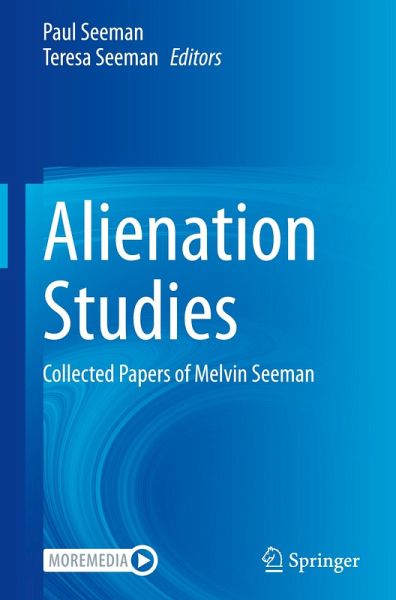
Alienation Studies
Collected Papers of Melvin Seeman
Herausgegeben: Seeman, Paul; Seeman, Teresa

PAYBACK Punkte
46 °P sammeln!
This book compiles cross-cultural studies on alienation undertaken by the late Dr. Melvin Seeman, including relevant historical and theoretical contexts and analyses related to the ongoing development of the alienation model and its counterparts in the behavioral sciences. Chapters track the development of this model across a half-century of interdisciplinary research, encompassing various research partnerships over the years.





